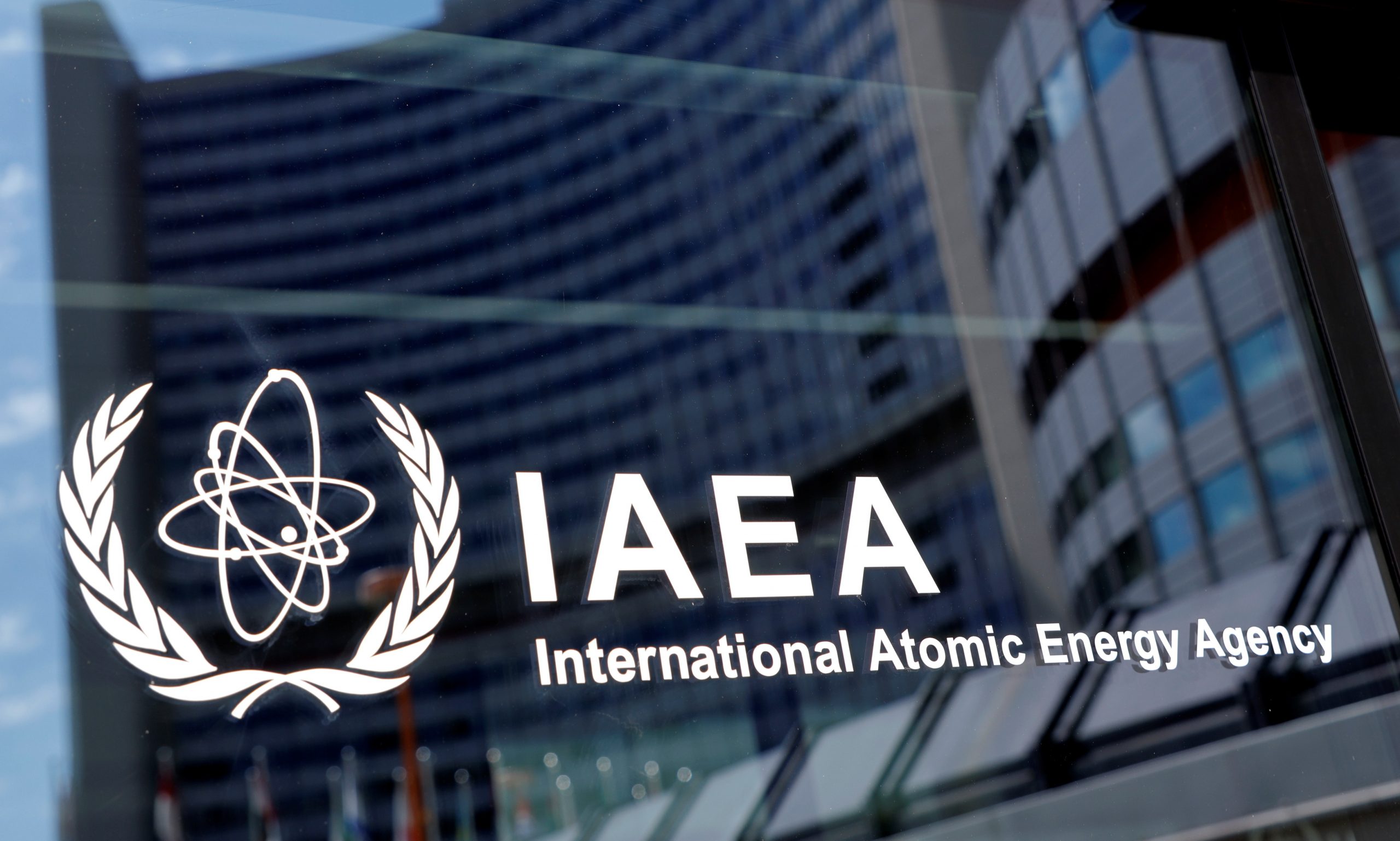It is widely speculated that Israel houses between 200 to 400 nuclear warheads, effectively making it the only state in West Asia to possess non-conventional arms.
Qatar has intensified its call for Israel to subject all its nuclear facilities to International Atomic Energy Agency (IAEA) safeguards and join the Treaty on the Non-Proliferation of Nuclear Weapons (NPT) as a non-nuclear state.
The amplified appeal came in a statement delivered by Abdulaziz Al-Jabri, Chairman of Qatar’s National Committee for the Prohibition of Weapons, at the General Conference of the IAEA in Vienna.
Expanding on previous demands, Al-Jabri reasserted the need for immediate action based on “international legitimacy resolutions” that date back half a century. These resolutions include those from the UN General Assembly since 1974 and Security Council Resolutions 487 of 1981 and 687 of 1991.
He also cited multiple IAEA resolutions and the Middle East Non-Proliferation Treaty’s Review Conference resolution of 1995, which called on Middle Eastern nations not yet signatories to the NPT to join and accept the IAEA safeguards system.
Qatar also stressed the pivotal role of the international community and the three depository states of the NPT—United States, Russia, and the United Kingdom—who, as permanent members of the UN Security Council, bear special responsibilities in implementing the 1995 Middle East Resolution.
The statement called for actual steps to be taken to ensure Israel’s compliance with IAEA safeguards and its accession to the NPT, crucial prerequisites for establishing a nuclear-weapon-free zone in the Middle East.
Israel neither confirms nor denies its possession of nuclear weapons. However, it is widely speculated that Israel houses between 200 to 400 nuclear warheads, effectively making it the only state in the region to possess non-conventional arms.
Despite this, Israel has consistently refused to permit inspections of its military nuclear facilities and has declined to become a signatory to the NPT.
Al-Jabri was explicit in stating that confronting nuclear proliferation in the region is core to the IAEA’s mandate.
The agency’s director-general has been urged to consult with countries in the region to expedite the application of full-scale IAEA safeguards to all nuclear activities as an essential step towards a nuclear-weapon-free Middle East.
Qatar, in its statement, also appealed directly to the IAEA’s director-general to take the initiative to break the current deadlock. The Qatari official emphasised that the issue of Israel’s nuclear capabilities should remain under active discussion within the IAEA’s policy-making bodies.
The Qatari delegation attending the conference, held from September 25-29, was led by Al-Jabri and included Jamal bin Abdul Rahman al-Jaber, the chargé d’affaires of the Qatari embassy to international organisations in Vienna.







